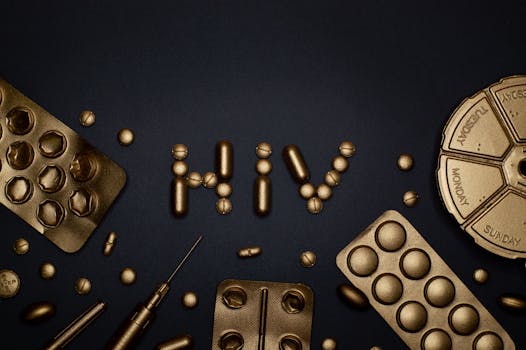
The Science Behind Vaccines and Public Health
The Science Behind Vaccines and Public Health is a crucial aspect of modern medicine. Vaccines have been instrumental in protecting public health by preventing the spread of infectious diseases. The concept of vaccination is based on the principle of immunization, where the body is introduced to a small, harmless piece of a pathogen, such as a virus or bacteria, to stimulate an immune response.
History of Vaccination

The history of vaccination dates back to the 18th century, when Edward Jenner developed the first vaccine against smallpox. Since then, vaccines have been developed for a wide range of diseases, including measles, mumps, rubella, polio, and many others. The development of vaccines has been a result of advances in medical science, including the discovery of the immune system and the understanding of how it responds to pathogens.
How Vaccines Work

Vaccines work by introducing a small, harmless piece of a pathogen to the body, which stimulates an immune response. The immune system recognizes the pathogen and produces antibodies to fight it. These antibodies remain in the body, providing long-term protection against future infections. There are several types of vaccines, including inactivated vaccines, live attenuated vaccines, and subunit vaccines, each with its own unique characteristics and mechanisms of action.
Types of Vaccines

There are several types of vaccines, each with its own advantages and disadvantages. Inactivated vaccines, such as the flu vaccine, contain a killed or inactivated form of the pathogen. Live attenuated vaccines, such as the MMR vaccine, contain a weakened form of the pathogen. Subunit vaccines, such as the hepatitis B vaccine, contain only a specific component of the pathogen, such as a protein or sugar.
Benefits of Vaccination

The benefits of vaccination are numerous. Vaccines have been instrumental in preventing the spread of infectious diseases, reducing morbidity and mortality, and protecting public health. Vaccination has also been shown to have economic benefits, by reducing the cost of healthcare and lost productivity due to illness. Additionally, vaccination has been shown to have social benefits, by reducing the spread of disease and promoting a sense of community and social responsibility.
Challenges and Controversies

Despite the many benefits of vaccination, there are also challenges and controversies surrounding the topic. One of the main challenges is vaccine hesitancy, where individuals are hesitant or refuse to get vaccinated due to concerns about safety or effectiveness. Another challenge is the spread of misinformation, which can lead to confusion and mistrust about vaccines. Finally, there are also concerns about the equitable distribution of vaccines, particularly in low-income and marginalized communities.
Future of Vaccination

The future of vaccination is promising, with advances in technology and science leading to the development of new and innovative vaccines. Some of the most promising areas of research include the development of mRNA vaccines, which use a piece of genetic material to stimulate an immune response, and the use of nanotechnology to deliver vaccines more effectively. Additionally, there is a growing recognition of the importance of global cooperation and coordination in the development and distribution of vaccines, particularly in the face of emerging diseases such as COVID-19.
Conclusion

In conclusion, The Science Behind Vaccines and Public Health is a complex and multifaceted topic. Vaccines have been instrumental in protecting public health by preventing the spread of infectious diseases, and their impact on society has been profound. Despite the challenges and controversies surrounding vaccination, the benefits of vaccination are clear, and it is essential that we continue to invest in vaccine research and development, as well as in global cooperation and coordination, to ensure that everyone has access to safe and effective vaccines.



